Chloe is 35 years old, lives in VIC and identifies as a person in recovery from BPD
What was your experience of receiving a diagnosis of BPD?
It was a relief. My thoughts, feelings, actions and ambitions had an overarching name, so I could tackle it head-on. On receiving a diagnosis, it would have been better to know what could be done about it. I was left without answers and no one to turn to.
What would you like people newly experienced with BPD to know?
BPD is NOT a life sentence. For me, it was a journey of discovery, learning about myself and those around me. There were new awakenings in the moment. I like to remember that life is like a bed of roses - you can't have roses without the thorns. Many people find once they find appropriate and supportive treatment they are empowered to change their stories.
What did clinicians and mental health professionals do well to support you?
They followed me throughout my BPD journey. They were patient and did not give up on me. They reminded me I am human - not superhuman. There is no perfect life - adversity does not discriminate, and they taught me to embrace it, to learn and grow from it.
What could clinicians and mental health professionals have done better to help you?
I would have appreciated for mental health professionals to be more aware of how to help people with BPD and the need for talking therapies. Many focused mainly on medication only. I needed to be heard.
What kind of psychological treatments worked well for you?
Mentalisation Based Therapy (MBT). I was encouraged to practise skills that did not come naturally to me and feel my emotions. MBT allowed me to confront these emotions and question the actions I connected with them. MBT was conducted within a safe group environment with skilled facilitators. I was prompted to mentalise and re-evaluate my own perspectives about situations.
What other things have supported you to live well?
Getting grounded in nature, embracing each day, meditation, sleeping and eating well. Most of all, it was about the connections made meeting authentic people - beyond the ‘perfect’ people you often see on social media.
Do you have any tips or tricks for managing distress or strong emotions you would like to share?
I sit with unpleasantness by looking at it from an onlooker’s perspective. Creating a space between the emotional distress and myself. For me, although dark clouds linger, I know they will eventually pass.
What advice would you give to friends/family supporting someone with a diagnosis of BPD?
Be patient. There is a highly loving, caring, empathetic person under all that emotional distress. There can be recovery from BPD. Just hold on tight. Many people live well with BPD and sustainable recovery looks different for everyone.
What are a few things you thought you might not have been able to do but you did anyway?!
Embrace my challenges and turn them into strengths! I never thought I'd be able to talk to people about my experience of BPD, but I am living proof that people with BPD can live highly satisfying lives through self-management - it has made me a better person.
